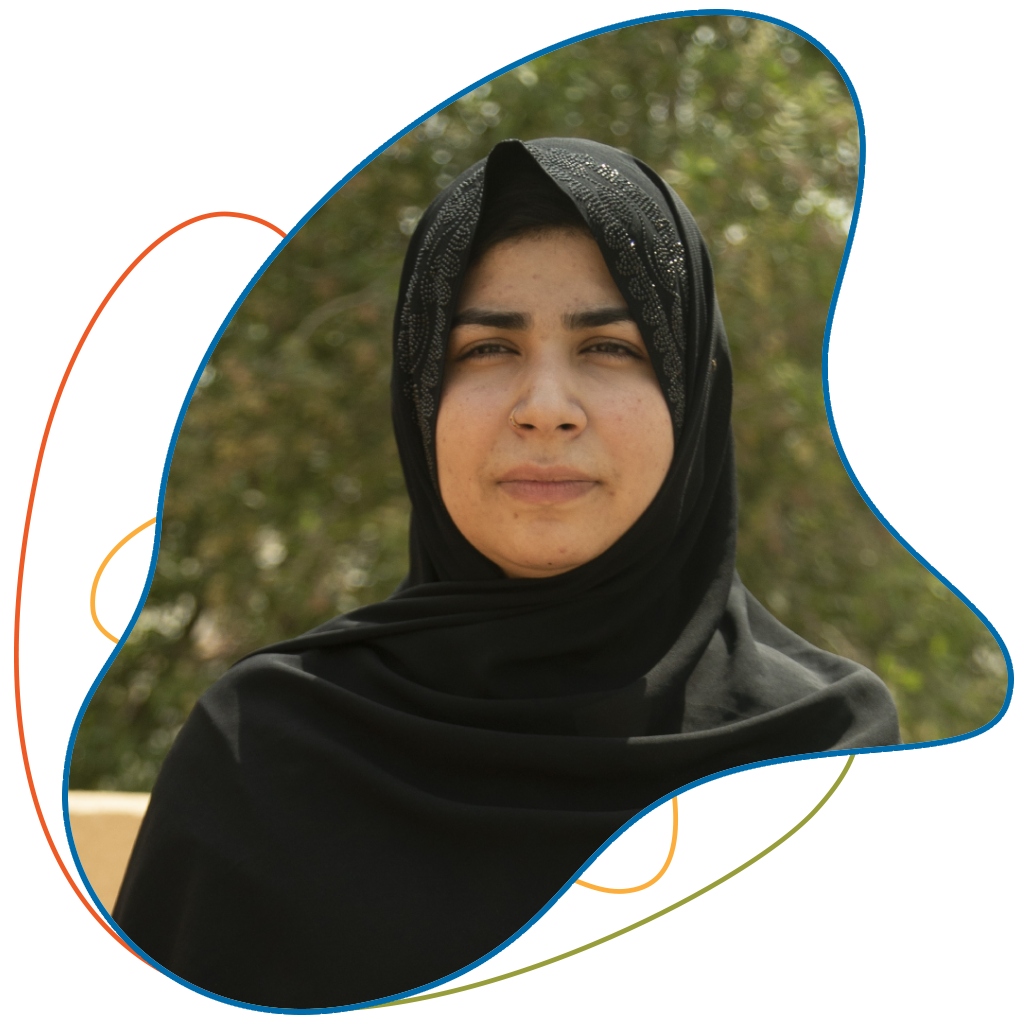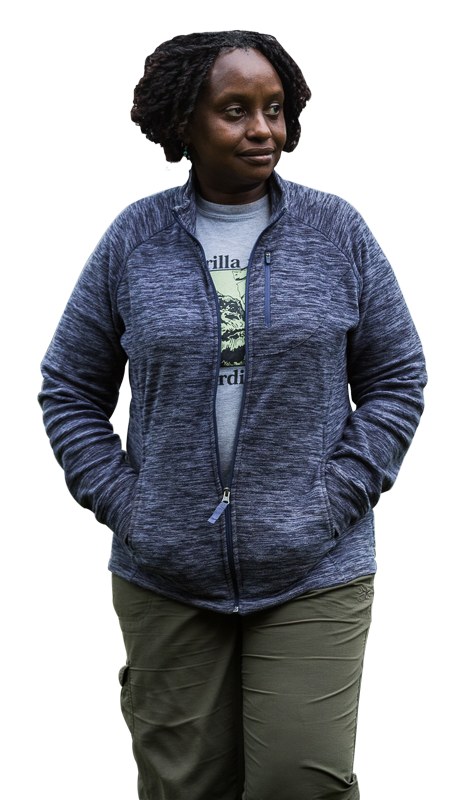
Pashtana Durrani
Profile
Pashtana Durrani is the co-founder and managing director of LEARN, an Afghan non-governmental and non-profit organization. Durrani established LEARN in remote communities in Kandahar, Afghanistan to promote digital literacy for children and train adolescent women in menstrual hygiene management and reproductive health. She also initiated the Digital Lab, an offline app, that contains a library of subjects for grades 1 through 12 in two national languages, Dari and Pashto.
Navigating between tradition and modernity, Durrani is relentless when it comes to education access for girls and young women in Afghanistan. She founded LEARN to enable girls in regions that lack the necessary infrastructure to continue learning. For those with access to formal schooling, LEARN supports them in staying in school. And teaches them how to handle menstrual hygiene and reproductive health. With funding from the Malala Fund, Durrani is expanding her work to eighteen public schools in Kandahar impacting thousands of girls and young women. She also persuaded the government of Afghanistan to consider digital literacy as an alternative teaching and learning pathway in its Fourth National Education Strategic Plan. Learn more

